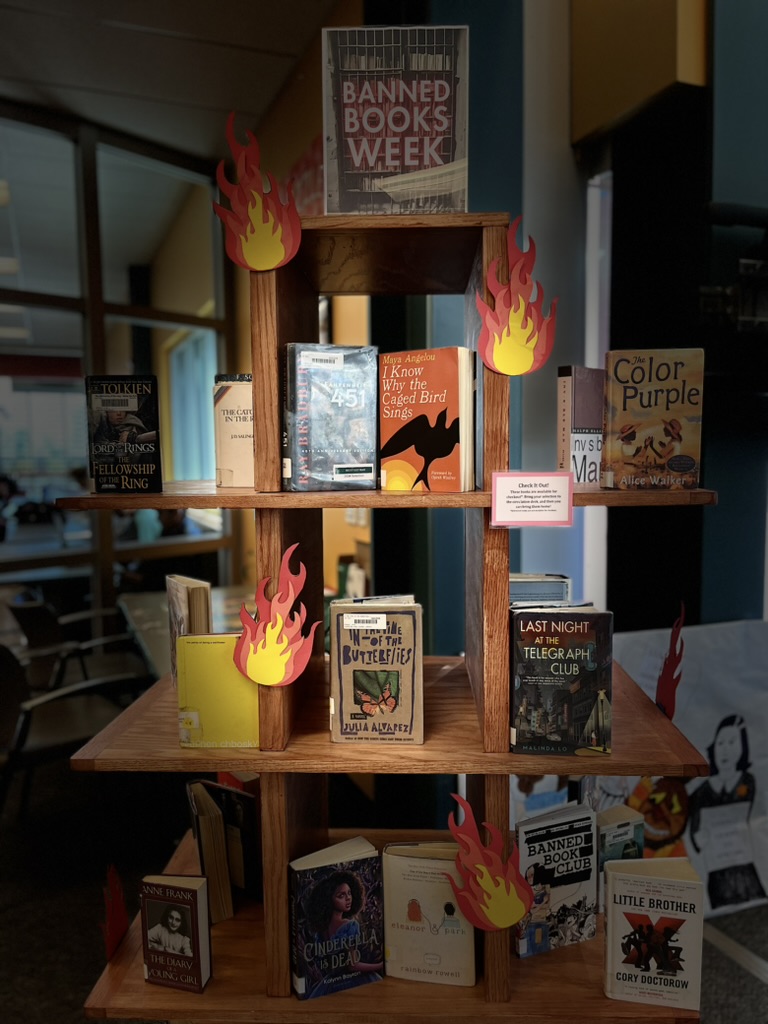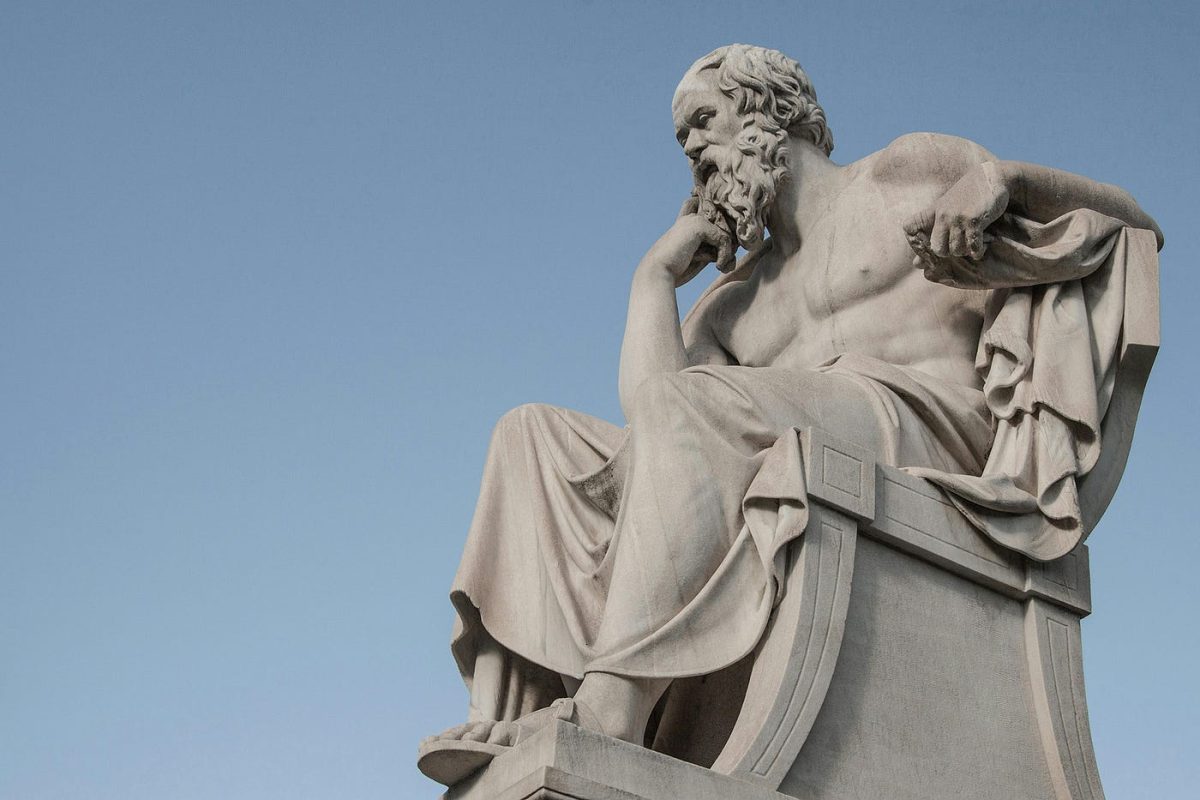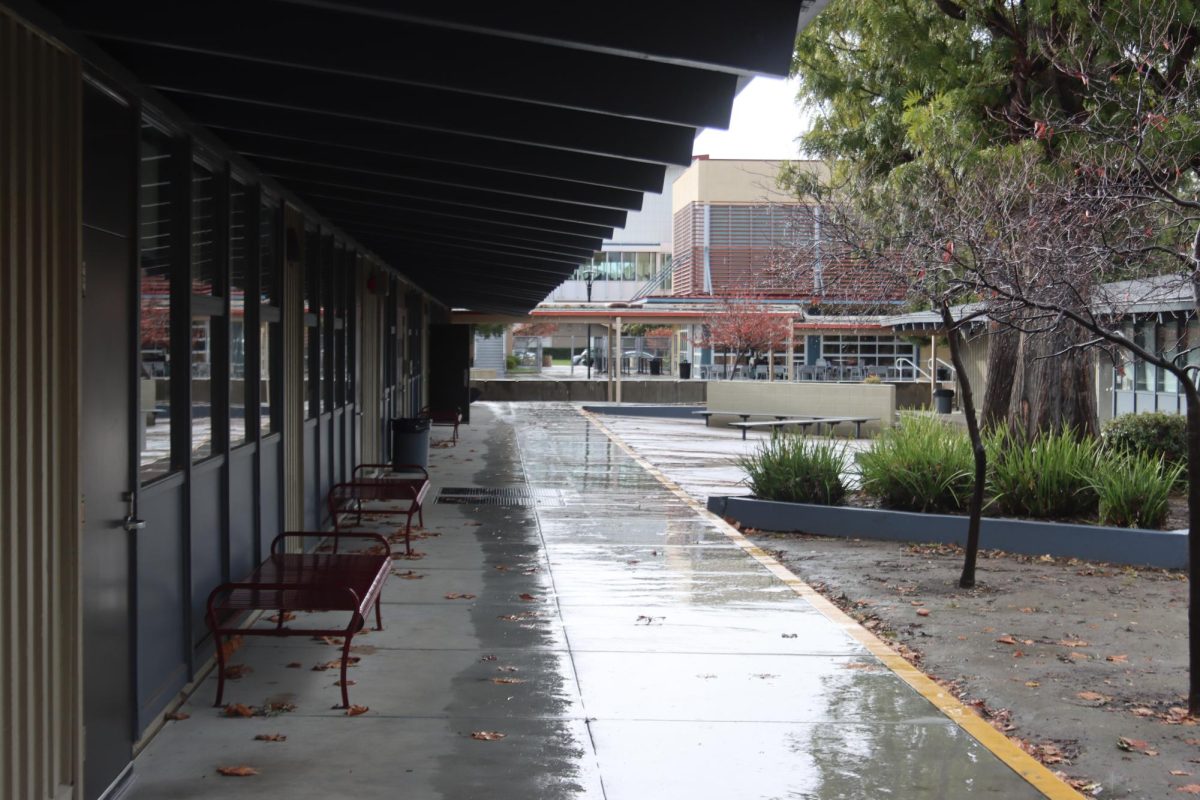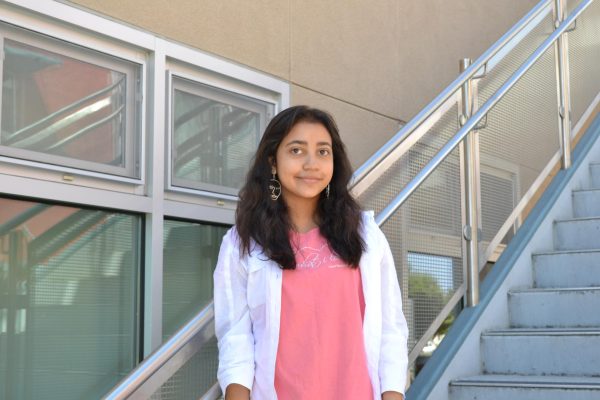A steady stream of readers fills libraries across the nation every day—each reader looking within the pages of a book for a door to explore someplace new. However, a dark cloud looms overhead, threatening these safe spaces and centers for learning and growth. While school book bannings and threats of defunding libraries limit access for readers in various states, California and communities like Cupertino High School are fighting to keep doors open for its students and teens.
Although California is already considered a leader in inclusive education, on Sept. 25, 2023, Gov. Gavin Newson signed AB 1078 into law. As stated per the office of Newson, AB 1078 bans “book bannings” and prohibits the censorship of instructional materials or curriculum categorized as inclusive. By doing so, the law safeguards literary and intellectual rights while ensuring safe spaces for its authors and community readers.
CHS follows in the state’s footsteps, celebrating literature and novels that otherwise remain banned. Upholding values of diversity and inclusion, CHS provides opportunities for its students to examine cultures and perspectives different from their own. Whether through keeping challenged books in its classrooms, such as Toni Morrison’s “The Bluest Eye,” or by supporting its library, CHS allows exposure to higher quality materials that build students’ literary knowledge.
In tandem with the American Library Association, Cupertino High School participates in the annual Banned Books Week at the start of September. Led by library staff, Banned Books Week celebrates individuals’ freedom to read while featuring books targeted for removal. Adding a spread of challenged titles, the CHS library recently put up a display to acknowledge and bring awareness to censorship. By doing so, CHS continues to stand as a proud supporter of students’ rights in the ongoing crisis of book bannings.
Deborah Caldwell-Stone, director of the Office for Intellectual Freedom at the ALA and executive director of the Freedom to Read Foundation, discusses in a press release the connection between book bannings and individuals’ constitutional rights and freedom.
Books challenged in schools mostly contain discussions concerning racial disparities, LGBTQ+ rights, indigenous peoples, and other minority groups. Removing texts containing these topics from schools and public libraries bars youth from building connections to different communities. Younger generations’ loss of access to various perspectives harms their ability to process and form opinions about such topics.
For concerned parents, depictions of violence and sex in such novels raise concerns about how these plot points will be perceived by children. While it is essential to acknowledge parents’ viewpoints, novels in school curriculums, like those at CHS, are used to educate students about experiences they will encounter throughout their lives. It is how students can take the context of the novels and apply those life lessons to the world around them. By taking away books, the messages are taken away as well—therefore, students are pushed into complex environments after schooling with no learned skills on how to interpret and properly analyze their surroundings.
Moreover, works available in public libraries throughout the nation are materials that have circulated among literary spaces for decades. Challenges in poetry collections such as “Milk and Honey” by Rupi Kaur bar not just young readers, but also the authors of said novels whose creative freedom has now been disrupted. The idea that certain individuals can limit what communities have access to as a whole stifles creativity. Limited access also curtails the extent to which younger generations learn to express themselves. This is exactly why spaces created in schools like the CHS library are crucial to supporting youths’ abilities and growth.
As the culture war over age-appropriate materials, censorship, and parental rights spikes in communities around us, it places targets on not just books but readers as well. It becomes a dangerous game for students and generations to come for how they perceive their liberties over literature and creative thinking. Communities and schools across the country should look to states like California to learn how to challenge book bannings and celebrate individuals’ freedom to read.











